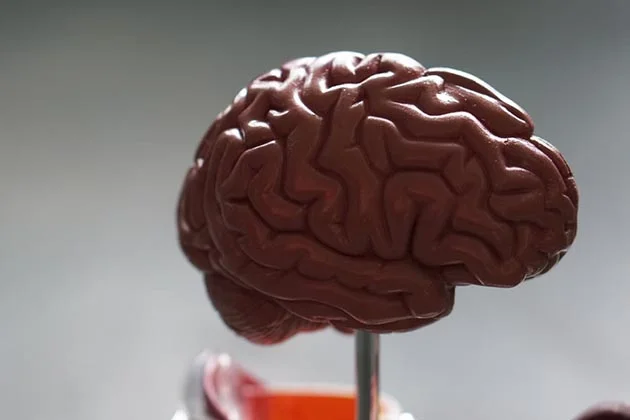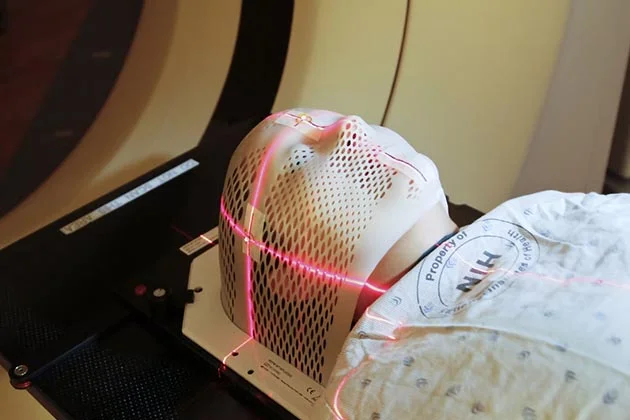Traumatic brain injuries (TBI) can occur when an external force impacts the head, causing the brain to move inside the skull. This can result in bruising, bleeding, and tearing of the brain tissue. There are three types of TBI that you should be aware of – concussion, contusion, and coup-contrecoup. Each type has its unique symptoms that can range from mild to severe. If you or someone you know has suffered a TBI, it is important to seek medical attention right away.
1. Concussion
A concussion is the most common type of TBI. It occurs when the head is hit or shaken, causing the brain to bounce around or twist inside the skull. This can result in bruising and bleeding on the surface of the brain. Concussions can cause a wide range of symptoms, which is why waiting to drive after a concussion is something you should consider. The most prominent symptoms include headache, dizziness, nausea, vomiting, sensitivity to light or noise, changes in mood or behavior, and problems with memory or concentration. Most concussions are mild and do not require any specific treatment. However, it is important to seek medical attention if you experience any of the symptoms listed above.
Treatment
Treatment for a concussion may include rest, ice, and medications to relieve symptoms. Some people may also require physical therapy or speech therapy. In some cases, a concussion can lead to a more serious brain injury, such as a contusion or coup-contrecoup.
2. Contusion
A contusion is a bruise on the brain. It occurs when an object (like a rock or piece of metal) hits the head and damages the blood vessels, causing blood to leak into the surrounding brain tissue. Contusions can cause a wide range of symptoms, which may include headache, nausea, vomiting, changes in mood or behavior, difficulty speaking or swallowing, seizures, and loss of consciousness. What’s important to know is that contusions can most likely also be a result of a concussion. Also, a contusion can worsen over time if left untreated.
Treatment
Treatment for a contusion may include rest, ice, and medications to relieve symptoms. Some people may also require physical therapy or speech therapy. In some cases, a contusion can lead to a more serious brain injury, such as a concussion or coup-contrecoup. Treatment for a contusion may also include surgery to remove the object that caused the injury.
3. Coup-contrecoup
A coup-contrecoup injury occurs when there is damage to both the front and back of the brain. It is the most serious type of TBI and can cause a wide range of symptoms, which may include headaches, seizures, loss of consciousness, coma, and death. Also, because it can involve damage to both the front and back of the brain, a coup-contrecoup injury can lead to problems with cognitive function, memory, speech, movement, and emotional regulation.
Treatment
There is no specific treatment for a coup-contrecoup injury. Treatment focuses on relieving symptoms and preventing further damage to the brain. This may include rest, ice, medications, surgery, and physical or speech therapy. People with a coup-contrecoup injury often require long-term care and support.
Preventative Measures for Each Type
There are several things you can do to help prevent a traumatic brain injury, including:
- Wearing a helmet when playing sports or participating in activities that involve contact
- Using seat belts and airbags when riding in a car
- Avoiding falls by using caution when walking on ice or uneven surfaces
- Staying away from dangerous activities, such as rock climbing or bungee jumping
In-Hospital vs At-Home Treatment for TBI
There are pros and cons to both in-hospital and at-home treatment for traumatic brain injuries. In-hospital treatment typically involves a higher level of care and monitoring, while at-home treatment may be less costly and provide more flexibility. However, it is important to note that not all TBIs can be treated at home. If you or a loved one has suffered a TBI, it is important to speak with a doctor to determine the best course of treatment.
It is important to be aware of the three types of traumatic brain injuries so that you can seek medical attention if you or someone you know experiences any of the symptoms. Each type of TBI can cause a range of symptoms that may be mild or severe. It is important to seek medical attention if you experience any of the symptoms listed above. Treatment for a TBI may include rest, ice, and medications to relieve symptoms. Some people may also require physical therapy or speech therapy. In some cases, a TBI can lead to a more serious brain injury, such as a contusion or coup-contrecoup.











